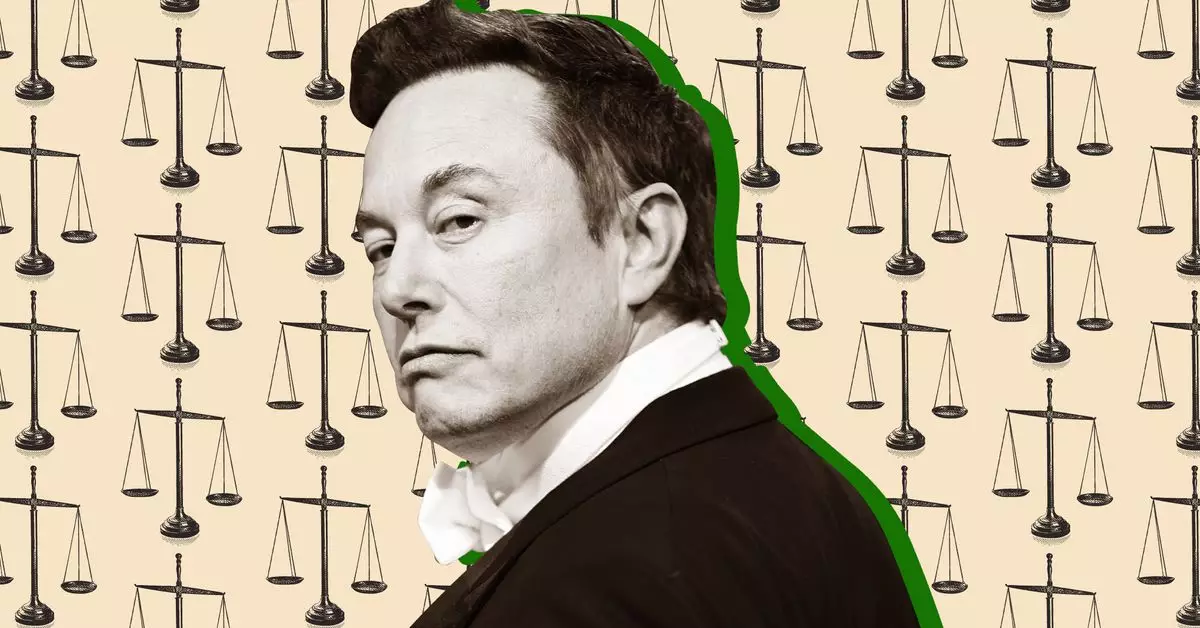In recent developments that have captured the attention of the tech world, Elon Musk has intensified his legal confrontations with OpenAI, the artificial intelligence giant he co-founded. The unfolding drama centers around a motion filed by Musk’s legal team, requesting a preliminary injunction to halt OpenAI’s shift towards becoming a for-profit entity. This strategic move has raised eyebrows and stirred significant debate regarding the implications for both the organization and the broader AI industry.
Musk’s attorneys have made a compelling case by arguing that the transition could jeopardize potential financial settlements in the event that Musk prevails in his lawsuit. They contend that CEO Sam Altman’s decisions, characterized as self-serving, may lead to a depletion of funds necessary for OpenAI to shoulder any damages. This claim suggests a deep concern not solely for the operational integrity of OpenAI, but for fairness in corporate governance as well. The suggestion that the company might be financially incapable of compensating Musk raises pressing questions about the fiscal health of what was once considered a research-driven nonprofit.
Adding another layer to this complex legal scenario are allegations of antitrust violations against OpenAI and its strategic partner, Microsoft. Musk’s team has asserted that both entities engaged in practices that could potentially stifle competition within the tech sphere by allegedly discouraging investors from backing rival companies. Such accusations invoke the Sherman Antitrust Act, which aims to promote healthy competition and prevent monopolistic practices. If substantiated, these claims could have far-reaching consequences, not just for OpenAI and Microsoft, but for the entire technology landscape.
The Implications of Becoming For-Profit
OpenAI’s ambitious plans to transition into a for-profit model mark a significant departure from its original nonprofit positioning. This shift has prompted scrutiny concerning the ethical implications of profit-driven motives in an industry that stands at the forefront of transformative technological advancements. Critics may argue that profit-seeking behaviors could compromise the foundational missions of AI development, particularly concerning safety, transparency, and equitable access.
What Lies Ahead?
As Musk’s legal battle continues to unfold, the technology sector watches closely to determine the outcome and its potential impact on the nature of AI governance. The forthcoming court decisions could set a crucial precedent regarding the operations of tech companies that find themselves straddling the line between innovation and ethical responsibility. Musk’s contention with OpenAI serves as a stark reminder of the complexities inherent in the rapidly evolving technology landscape, where the ambitions of industry leaders collide with legal, ethical, and financial boundaries.
Whether Musk’s legal appeals will bear fruit or not, this case highlights the inherent tensions in an industry driven by both innovation and corporate strategy. As the saga unfolds, it begs the question of what ethical frameworks should govern organizations at the cutting edge of technological advancement.

